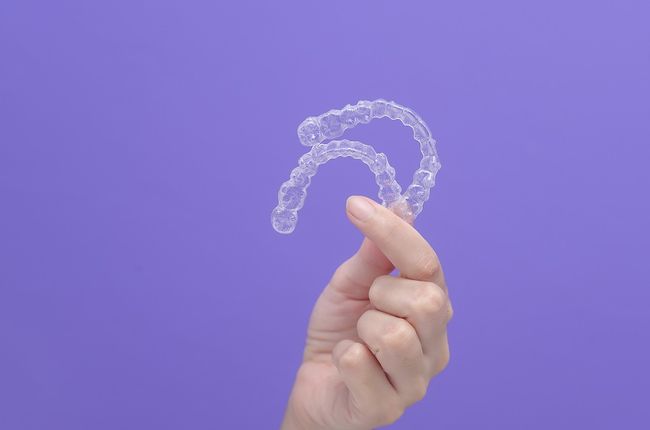You’ve heard milk is crucial for healthy bones, but did you know it is equally important for your smile? Milk is a great source of calcium, which 99% of is stored in your bones and teeth. As the most common mineral in your body, the National Institute of Health recommends a daily intake of 200mg to 1,300mg of calcium depending on age. Reaching for a cold glass of milk is a great way to provide your teeth with the calcium they need to stay strong, but you’ve heard a few rumors it might be harmful to your smile. It all depends on the milk you choose. Here’s how to pick the best type of milk for teeth to invest in a healthy smile.
Choosing the Best Milk
Milk offers a variety of benefits for your smile, like casein proteins. They provide a protective film on the surface of your teeth to prevent decay. Drinking a glass of milk can neutralize pH levels in your mouth while keeping your teeth and gums clean in between brushing and flossing. You don’t want to miss any key benefits by choosing the wrong milk. Here’s what to consider when making your selection:
Cow’s Milk
Cow’s milk has been used for generations to provide the human body with calcium and other vital minerals and nutrients. It provides the enamel with calcium to make it more resistant to cavity-causing bacteria. Since calcium isn’t produced in the body, you must get it through your diet. Cow’s milk is rich in phosphate and calcium to safeguard your smile against tooth decay; however, it may not be suitable for people who are lactose intolerant.
Soy Milk
Soy milk is a popular alternative because it offers several health benefits from its nutritional content, but it contains significantly less calcium than milk from a cow. Australian researchers found oral bacteria produced 5 to 6 times more acid when soy milk is consumed. It also has a lower level of soluble calcium than cow’s milk, so it won’t nourish your enamel as well.
Almond Milk
Almond milk is made from a combination of almonds, water, thickeners, sweeteners, and added vitamins. It has less fat and calories than cow’s milk. Since it is plant-based, it can be a good source of calcium and vitamin D, but it’s best to skip any sweeteners which contain sugar that can erode your enamel. Your dentist recommends choosing a product carefully by reading the label to find one with the least sugar.
If you have any concerns about your calcium intake, don’t hesitate to ask your dentist for advice to preserve your enamel. They’ll have the tips you need to enjoy a cavity-free smile.















